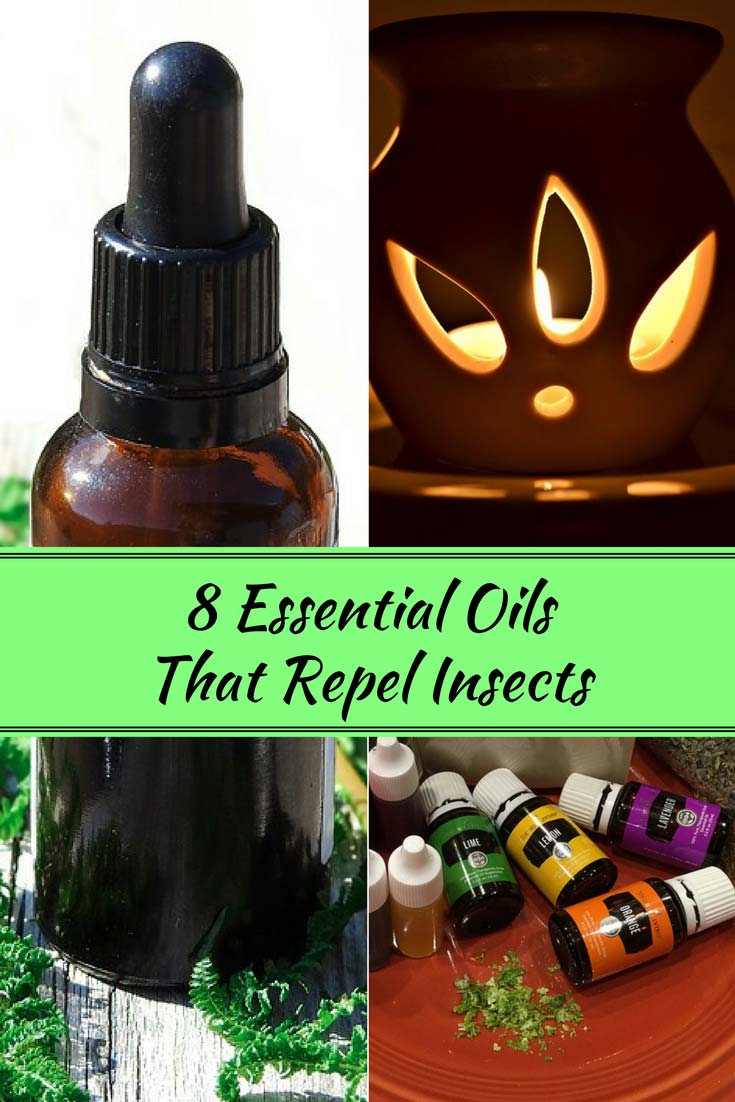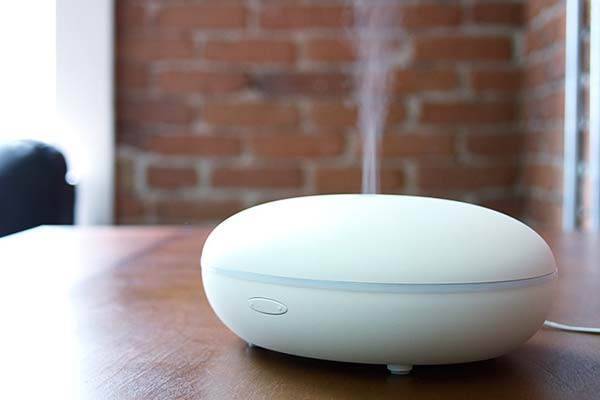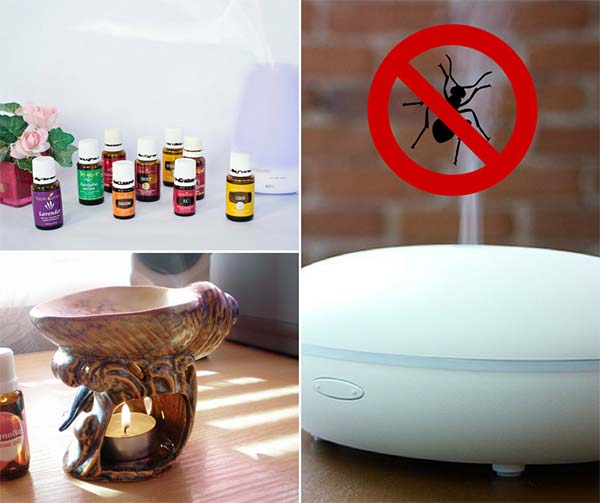8 Essential Oils that Repel Insects

Summer is a delightful time of year. Sunshine, picnics, beach trips, and fresh summer peaches make it many people’s favorite season. The only big detractor? Bugs! All that warmth, sunshine, and humidity make summer insects’ favorite season too. Not that the words isn’t big enough to share. Each insect has its ecological niche. Clouds of gnats or mosquitos might drive you indoors, but they provide food for bats, spiders, and other animals.
The problem is that insects aren’t just annoying, they can also pose health hazards. Many carry diseases. Flies can spread over 100 different pathogens including several that result in serious illness. As you probably know from listening to the news, mosquito bites are also potentially dangerous and can spread Zika and West Nile virus, among other things.

Unfortunately, many people trade one threat for another. They attempt to ward off insects using dangerous chemical repellents. Chemical repellents not only smell bad, they also exacerbate allergies, potentially cause health problems, and harm the environment. The most well-known culprit is DEET, which was re-approved by the Environmental Protection Agency in the 1990s even though its safety is questionable. The journal of BMC Biology published a study in 2009 showing that DEET can interfere with enzymes in the vital nervous system. The potential harm is real. DEET has been associated with hypotension, seizures, and impaired brain cell function.
DEET certainly isn’t the only problematic chemical in bug repellents. Studies show that pesticides generally pose human health concerns ranging from headaches to cancer and endocrine disruption. The dangers can be quite severe, even fatal. Pesticide use should especially be avoided around the very young and the elderly. And the dangers that pesticides pose to humans who use them are not contained once they leave the bottle. Chemicals that harm problematic insects also harm beneficial insects and contaminate the soil and groundwater.

If you’re scratching your head and looking for an alternative to harsh chemicals that doesn’t involve getting eaten alive by insects this summer, you are not alone and you’ve come to the right place. The answer is natural insect repellent. Below, you will find a handy list of the best essential oils to naturally repel insects so you can enjoy your time outside this summer.
NEEM – Neem oil is a natural pesticide and non-toxic repellent. To use it as a bug repellent, mix it with coconut oil and apply it to your skin. It will ward off mosquitos as well as other insects.
PEPPERMINT – Peppermint oil is a terrific all-around bug repellent. Its strong scent deters all but the most persistent insect varieties. You can either apply the oil directly to your ankles or anywhere exposed to ants or ticks or make a spray to repel flying insects. To make a spray, simply mix 5 drops of essential oil with a quarter cup of water. Shake the bottle and spray as needed.
GERANIUM – The active ingredient in geranium oil is called “geraniol.” It naturally repels most insect species, including flies, mosquitos, ants, fleas, cockroaches, ticks, and gnats. Use it as a spray by combining 4-5 drops of essential oil with water. Spray where needed, as needed.
LAVENDAR – Not only will lavender oil protect you from bug bites, it will keep you feeling calm and happy while doing so. The best way to use lavender essential oil is to diffuse it around the entryways and perimeter of your home to ward off insect invaders. You can also apply it directly to your skin to prevent bug bites.
EUCALYPTUS – Eucalyptus leaves contain powerful medicinal qualities. You might be aware of its decongestant, soothing properties. You’ve probably seen eucalyptus used in cough medicine and chest rubs. One of the many uses of eucalyptus essential oil is as an insecticide. Because eucalyptus is native to Australia, its strong odor is unfamiliar to insects in North America and therefore perceived as unsafe.
- Insects are right to assume that eucalyptus oil is unsafe. Some species, such as aphids, mites, whiteflies and earwigs are killed by direct contact with the essential oil. One teaspoon of eucalyptus oil combined with half a teaspoon of dish soap and two cups of water will effectively protect your garden plants from infestations. Douse the plants with bugs on them every 3 days until the infestation subsides. For use on indoor plants, mix a quarter teaspoon of essential oil with a cup of water. Spray the plants every three days. Be sure to shake the bottle each time to prevent the oil and water from separating.
CEDAR – Pet owners will find cedar essential oil especially useful. It effectively protects against ticks as well as other insects. The best way to use cedar oil is to mix about 10 drops with a quarter cup of carrier oil, such as coconut or olive oil. Rub the oils into your skin.
CITRONELLA – You have probably heard of a citronella candle, so named for the active ingredient, citronella. Citronella comes from the leaves and stems of lemongrass, a longstanding insect repellent in the United States. Unlike other essential oil repellents, citronella does not repel bugs with its scent. Instead, it masks scents that draw insects, making it difficult for bugs like mosquitos to recognize you as a food source.
LEMONGRASS – Though related to citronella, lemongrass is an essential oil that offers unique properties. It is antiseptic, anti-inflammatory, antifungal, and insecticidal. In other words, it’s your best friend in the summer time. In addition to repelling insects, lemongrass kills bacteria and alleviates muscle aches and pains. Unlike citronella essential oil, lemongrass smells terrible to insects, which makes it perfect for keeping bugs out of the house.
To keep bugs out, simply heat about one half cup of water then mix in 20-25 drops of essential oil. Spray EVERYTHING. Spray down your kitchen to get rid of fruit flies. Don’t forget to spray doors and windows, including the screens, counter tops, trash cans, and cabinets. Not only will you repel unwanted insects from your home, you’ll enjoy incidental aromatherapy at the same time.
 Home and Gardening Ideas At home and Gardening ideas we believe inspiring readers about homesteading, self sufficiency
Home and Gardening Ideas At home and Gardening ideas we believe inspiring readers about homesteading, self sufficiency





